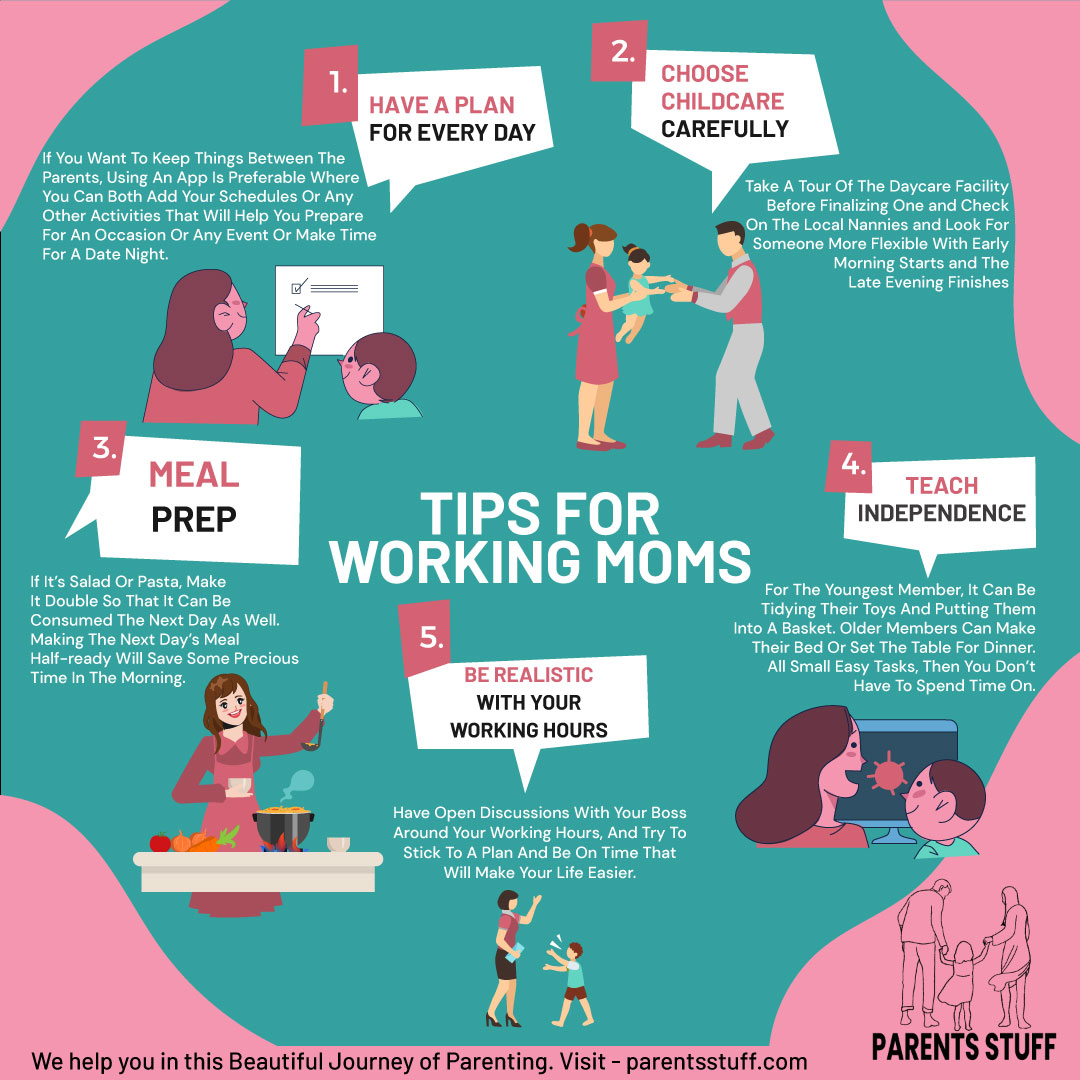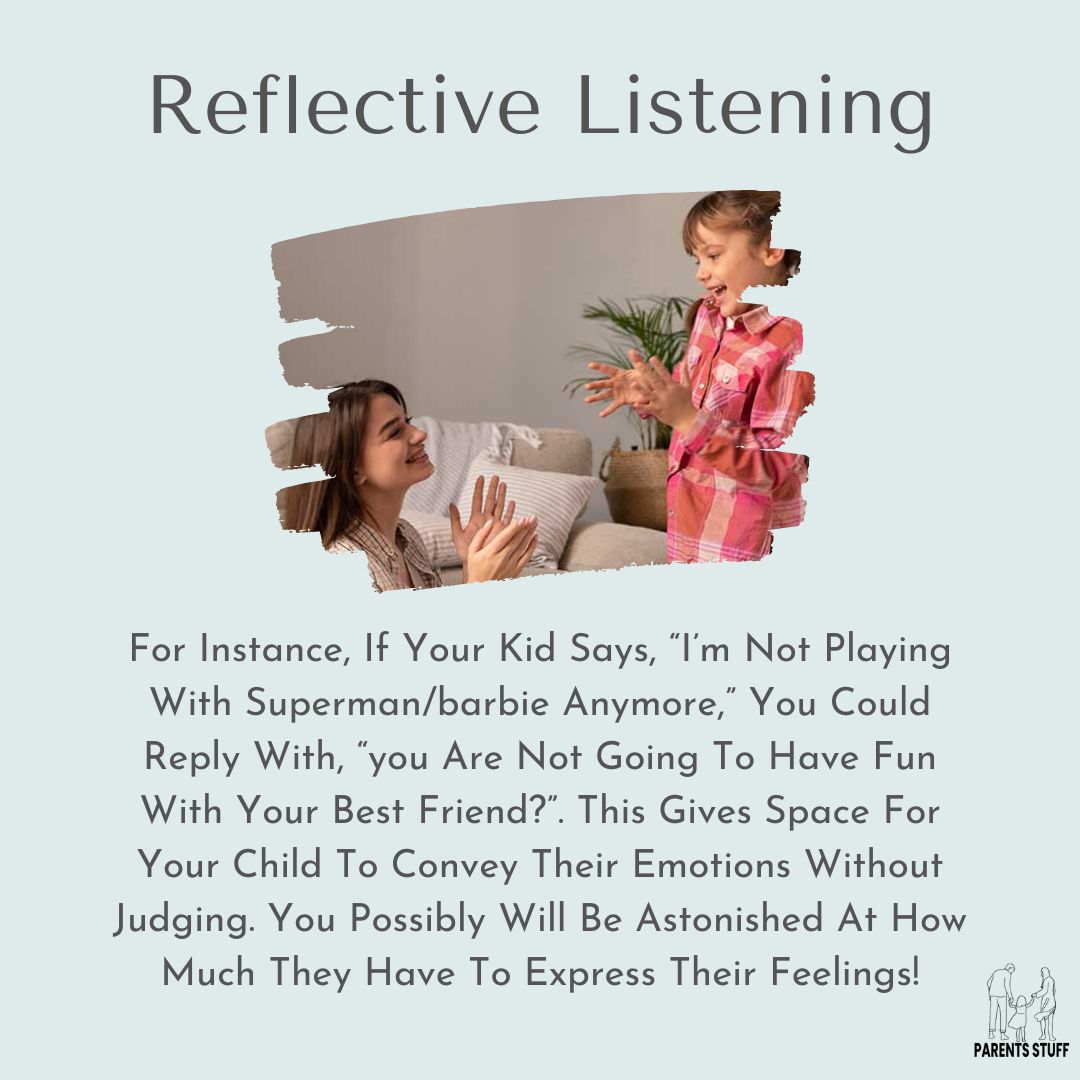In today’s rapidly evolving educational landscape, the partnership between home and school is more crucial than ever. Parental Involvement in Education is not just a buzzword—it’s a powerful strategy that can significantly enhance a child’s learning, boost school performance, and build a supportive community. When parents actively engage in their children’s education, they lay the foundation for academic success, emotional resilience, and lifelong learning. This comprehensive guide will explore actionable tips and strategies to help parents work collaboratively with teachers and schools, from volunteer opportunities to effective communication techniques. Whether you’re a parent juggling a busy schedule or a seasoned school supporter, this article offers interactive insights and practical advice to help you engage effectively and make a real difference in your child’s educational journey.
The Importance of Parental Involvement in Education
Research consistently shows that children whose parents are actively involved in their education tend to perform better academically. When parents and schools join forces, students benefit from improved grades, higher test scores, better attendance, and enhanced social skills. But why is this collaboration so impactful?
Key Benefits:
- Enhanced Academic Performance: Children with involved parents often exhibit better study habits, greater motivation, and a deeper understanding of course material. This positive academic trajectory is not just about grades—it builds confidence and paves the way for higher education and future career success.
- Improved Behavior and Social Skills: Parental involvement sets clear expectations and reinforces positive behavior. When parents engage with teachers, they can work together to address behavioral challenges and support social development.
Increased Teacher Morale: Teachers who feel supported by parents report higher levels of job satisfaction. Collaborative partnerships reduce classroom disruptions and foster an environment of mutual respect and shared goals. - Stronger Community Connections: When families, schools, and communities work together, it creates a network of support that extends beyond the classroom. This network can be invaluable in times of need and can drive positive change in the community.
By investing time and energy in parental involvement in education, you’re not just enhancing your child’s academic journey—you’re contributing to a healthier, more connected learning environment for everyone.

Strategies for Effective Parental Involvement
1. Open and Effective Communication
Clear, consistent communication between parents and teachers is the cornerstone of successful parental involvement. Establish a communication routine that works for both you and your child’s educators.
- Initiate Regular Contact: Start the school year by introducing yourself to your child’s teacher. Express your eagerness to support your child’s learning and ask about the best ways to stay informed.
- Utilize Technology: Many schools now offer digital platforms, such as email, school apps, or parent portals, that facilitate communication. Use these tools to stay updated on your child’s progress, upcoming events, and any areas needing attention.
- Attend Parent-Teacher Conferences: These conferences provide an opportunity to discuss your child’s progress, ask questions, and set mutual goals. Prepare ahead of time with specific questions or topics you’d like to cover.
- Active Listening: When communicating, practice active listening. Show empathy and validate the teacher’s insights by summarizing their key points. This not only builds rapport but also ensures you understand the feedback correctly.
Interactive Tip:
After your next parent-teacher meeting, take a few minutes to jot down the key points discussed and one action you plan to implement at home. Reflect on how this communication can bridge gaps between school and home. Unlock your child’s full potential by enrolling in professional personality development classes—designed to nurture confidence, communication skills, and a growth mindset from an early age!

2. Volunteer Opportunities and School Involvement
One of the most tangible ways to engage in Parental Involvement in Education is through volunteering. This can take many forms, from classroom support to participating in school events.
- Classroom Volunteering: Offer your time to assist with classroom activities, reading sessions, or art projects. This hands-on involvement provides a firsthand look at your child’s learning environment.
- Event Participation: Get involved in organizing school events like fundraisers, open houses, or cultural festivals. These activities not only benefit the school but also allow you to meet other parents and educators.
- Join the Parent-Teacher Association (PTA): Active membership in the PTA can provide a platform to voice your opinions, collaborate on initiatives, and foster a stronger school community.
- Support Extracurricular Programs: Whether it’s a sports team, music class, or drama club, offering your expertise or time to extracurricular programs can enrich the school experience and showcase your commitment to the community.
Interactive Exercise:
Make a list of volunteer opportunities at your child’s school. Choose one activity that resonates with you and commit to participating within the next month. Share your experience with another parent to inspire them as well.
3. Home-Based Learning and Support
Parental involvement doesn’t stop at school doors—it extends into the home where learning continues every day.
- Create a Learning Environment: Set up a dedicated, distraction-free space for homework and study. Ensure that this area is well-lit and equipped with the necessary supplies.
- Establish a Routine: Consistency is key in reinforcing learning habits. Create a daily schedule that balances school work, creative activities, and downtime.
- Encourage Reading: Develop a family reading routine. Spend time reading together and discussing books. This not only enhances literacy but also fosters a love for learning.
- Supplement Schoolwork: Explore educational games, apps, and online resources that complement your child’s curriculum. These tools can make learning fun and interactive.
- Celebrate Successes: Recognize and celebrate your child’s academic achievements, no matter how small. This positive reinforcement builds confidence and motivates further progress.
Interactive Tip:
Create a “learning journal” with your child where they can document what they learned each day. This practice encourages reflection and helps you track their progress.
Visit: healthy homemade drinks for kids
4. Building a Collaborative Relationship with Teachers
Creating a partnership with your child’s teachers is essential for effective Parental Involvement in Education.
- Respect Their Expertise: Acknowledge that teachers are professionals with valuable insights into your child’s learning style and needs. Approach conversations with an open mind and a willingness to learn.
- Share Insights: Provide teachers with insights about your child’s interests, challenges, and learning preferences. This information can help them tailor their teaching methods to better support your child.
- Set Mutual Goals: Work with teachers to establish clear, achievable goals for your child’s academic progress. Regularly review these goals and adjust as necessary.
- Be Proactive: If you notice changes in your child’s behavior or performance, reach out to their teacher immediately. Early intervention can prevent minor issues from becoming major obstacles.
- Offer Support: Ask teachers if there are specific ways you can support classroom learning from home. Whether it’s reinforcing certain concepts or helping with homework, your proactive involvement can make a significant difference.
Interactive Exercise:
Schedule a follow-up meeting with your child’s teacher to discuss one area where you believe your child could benefit from additional support. Prepare a few thoughtful questions to guide the conversation.
5. Leveraging Community Resources
Many communities offer resources that can complement your efforts in Parental Involvement in Education.
- Workshops and Seminars: Look for local workshops on child development, education strategies, and parenting techniques. These events can provide fresh insights and practical tips.
- Library Programs: Public libraries often host educational events, reading programs, and interactive learning sessions for children. Participate in these programs with your child.
- Online Forums and Social Media Groups: Join parenting groups on platforms like Facebook or Reddit where you can exchange ideas, ask for advice, and share experiences with other parents.
- Local Schools and District Initiatives: Stay informed about school district programs, special projects, or community events that aim to enhance education. Participation in these initiatives can deepen your involvement and expand your network.
Interactive Tip:
Research one local resource or event related to education and sign up to attend. Share your experience on social media or in your parenting group to help spread the word.

6. Encouraging Lifelong Learning
As a parent, your attitude toward education greatly influences your child’s learning. Demonstrating a commitment to lifelong learning can inspire your child to value education.
- Model Curiosity: Show your child that learning is a continuous process by exploring new topics, reading books, or taking online courses. Discuss what you’re learning and share your insights.
- Family Learning Activities: Engage in activities that promote learning outside of the classroom. Visit museums, attend cultural events, or embark on educational trips together.
- Celebrate Learning: Recognize the joy of learning by celebrating academic milestones and personal achievements. Create a family tradition that honors education, such as a monthly “learning night” where everyone shares something new they’ve discovered.
Interactive Exercise:
Plan a family activity that encourages learning—such as a visit to a science museum or a historical site—and document the experience with photos or a short video. Share the highlights with your family and discuss what everyone learned. Transform everyday challenges into opportunities for growth. Join your kids in the expert-run course for personality development for kids today and watch them thrive in all areas of life!
Overcoming Common Barriers to Parental Involvement

Even the most enthusiastic parents can face challenges when trying to get involved in their child’s education. Here are some common barriers and strategies to overcome them:
1. Time Constraints
Many parents struggle to balance work, home, and involvement in education.
Solution: Prioritize quality over quantity. Even if you can only dedicate a few minutes each day to review homework or a weekly meeting with your teacher, consistency matters. Use digital tools like calendar reminders or school apps to schedule and manage your involvement efficiently.
2. Communication Gaps
Sometimes, it can be challenging to communicate effectively with teachers who have busy schedules or different communication styles.
Solution: Establish a preferred communication method early on (email, phone, or a school portal) and stick to it. Prepare your questions in advance and use active listening techniques to ensure mutual understanding.
3. Overcoming Intimidation
Some parents may feel intimidated by the school environment or fear being judged by educators.
Solution: Remember that teachers are your allies. They share your goal of supporting your child’s success. Start with small, positive interactions—such as expressing gratitude or offering a simple compliment—and gradually build your confidence in these settings.
4. Lack of Knowledge
If you’re not familiar with current educational practices, you might feel unsure about how best to contribute.
Solution: Take advantage of available resources like parenting workshops, online courses, or local seminars. These can provide you with up-to-date information and practical strategies to enhance your involvement.
Visit: tips for parent teacher meeting
The Role of Schools in Facilitating Parental Involvement
It’s important to remember that effective parental involvement is a two-way street. Schools play a crucial role in fostering a collaborative environment where parents feel welcomed and valued. Here are some ways schools can support your efforts:
- Transparent Communication: Schools should regularly update parents through newsletters, emails, and parent-teacher meetings. A transparent communication strategy builds trust and ensures that parents are aware of their child’s progress and upcoming opportunities.
- Accessible Volunteer Programs: Schools that provide clear guidelines and accessible volunteer opportunities make it easier for parents to get involved without feeling overwhelmed.
- Workshops and Training: Educational institutions can offer training sessions or workshops for parents on how to support their child’s learning at home. These sessions can also address common challenges and share effective strategies.
- Inclusive Policies: When schools actively seek parental input in decision-making processes and create a welcoming environment for diverse voices, parents are more likely to feel empowered and engaged.
Visit: how to prepare child for preschool
Final Thoughts: Embracing Parental Involvement in Education
In conclusion, Parental Involvement in Education is a dynamic, essential component of a successful academic journey. By actively engaging with teachers, volunteering at school, supporting learning at home, and leveraging community resources, you create a powerful network that not only enhances your child’s educational experience but also strengthens the entire school community.
Remember, the key to effective involvement lies in open communication, consistency, and a genuine commitment to your child’s growth. Every positive interaction with educators and every small effort at home contributes to a nurturing environment where your child can thrive.
As you implement these strategies, reflect on your journey and embrace the opportunities for learning and connection. Your involvement can make a lasting impact, fostering a love for learning that will benefit your child for years to come.
“Transform everyday challenges into opportunities for growth. Join our personality development course for kids today and watch them thrive in all areas of life!”
Embrace Parental Involvement in Education not just as an obligation, but as an empowering journey. By partnering with educators, actively participating in your child’s learning, and continuously seeking ways to improve, you create an environment where academic success and personal growth flourish together. Your commitment today lays the foundation for a brighter, more successful future for your child—and for you, as you grow and evolve as an engaged, empowered parent.
Take these insights, apply these strategies, and experience the transformative power of active, genuine involvement in your child’s education. Your dedication is the key to unlocking a world of opportunities and ensuring that both you and your child succeed in every facet of life.

